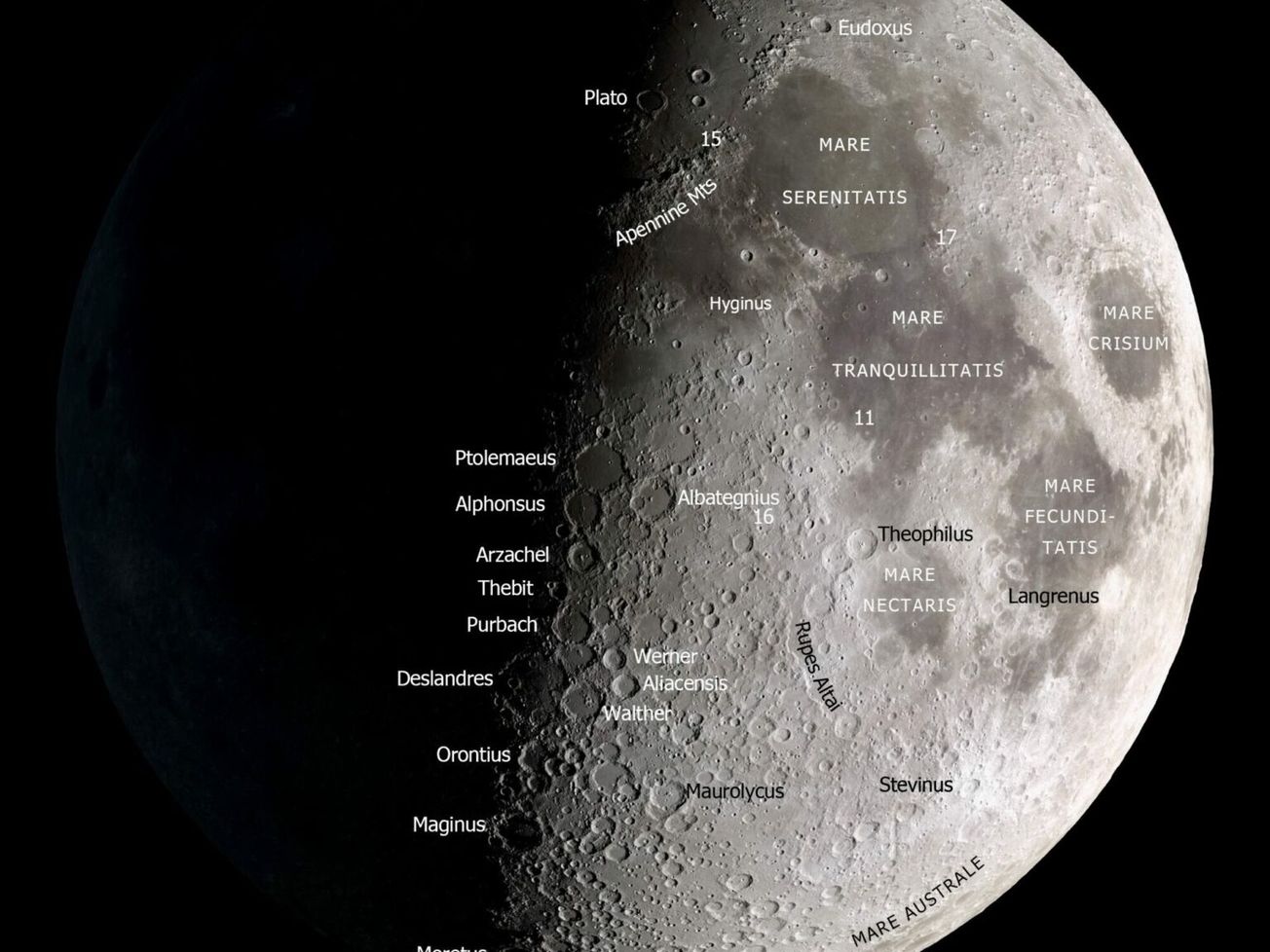WASHINGTON (AN) — Seven nations joined the United States in signing agreements to reinforce and use U.N.-brokered international rules for cooperating on and around the surface of the Moon, NASA announced on Tuesday.
The agreements, known as the Artemis Accords, also would establish procedures for nations to share their plans and discoveries and set up so-called "safe zones" for private businesses to mine or otherwise extract resources from the Moon.








